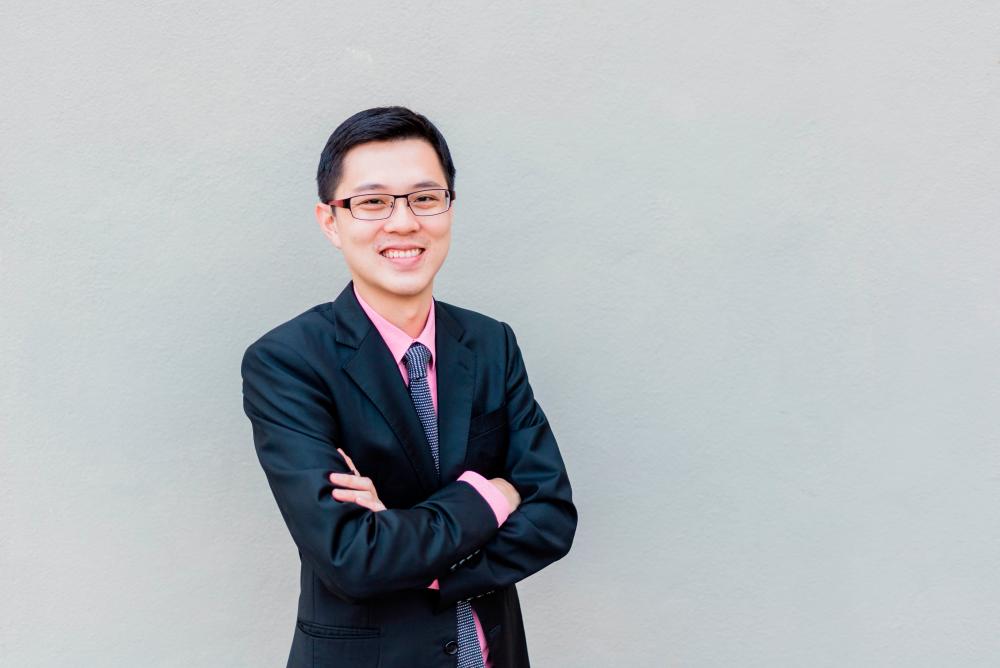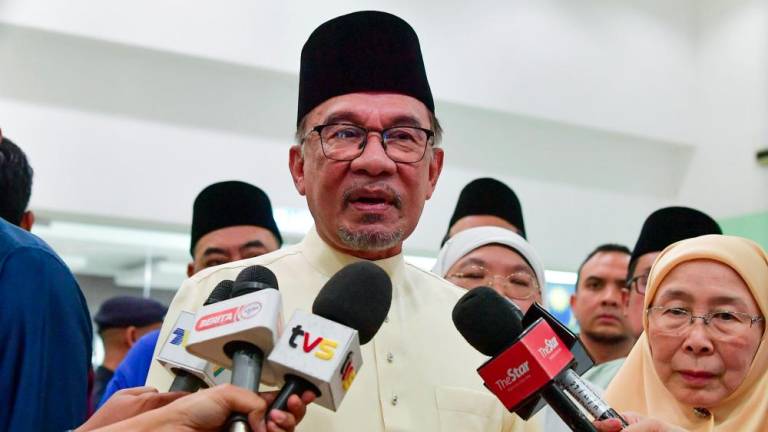Dr Tan Meng Yoe, Coordinator for the Master of Communications and Media Studies (MCMS) at Monash University Malaysia, provides insights into the programme and the relevance of communications and media studies in an increasingly complex world.
Looking beyond the obvious
Communications is more than what is presented to us. It is thus important that we learn to make sense of it. We live in a world where we are inundated with media content from various sources, both solicited and unsolicited. Today, everything can be a scandal, everything can be a campaign, everything can be a product, everything can be everything. But is that all there is to society?
Looking beyond the noise, we must find out what’s really going on. It is in this process of inquiry where important critical thinking skills are developed. In news, we have to ask: whose agenda is prioritized, how stories are framed, what version of reality is laid out for us, who’s behind it, and whether it is useful or dangerous. These are not easy questions, but with some training, they’re not impossible to answer either. This can be applied to all avenues of communication, be it film, politics, concerts and advertisements, among others. The key is to look beyond the obvious, and identify the contexts, structures and processes that make communication effective – or ineffective.
Thinking beyond ourselves
Apart from theoretical knowledge, an important aspect of honing communication skills is broadening our knowledge and appreciation of a world that’s beyond what we are familiar with. This is more crucial than we think it is. For example, whenever an advertisement receives backlash for its insensitivity towards particular cultures or people groups, it is important to realise that it’s usually not one person’s fault. Instead, it is a result of collective ignorance. The fact that no one in the entire production process could pick out a potential misunderstanding simply means that a broader understanding of other cultures is lacking.
To be fair, it is impossible to know everything there is to know about everyone, and that mistakes do happen. As such, the solution isn’t so much to learn everything, but to develop an “others-centered” approach to making decisions. Students enrolled in the MCMS programme are exposed to cultural issues within Malaysia and abroad, learning not only fact-files about other societies, but intricacies and cultural dynamics that make the world simultaneously more complicated and colourful. Due to the diverse demographic of students in the university, students also get to learn and work with people of various backgrounds and nationalities, adapting to different styles.
Learning and producing knowledge
Accumulating knowledge and widening one’s perspective is important, but taking it to the next level, MCMS students conduct original research and contribute to the knowledge pool. Enrolling in the MCMS degree helps you develop an in-depth, nuanced understanding of the changing global contexts of media and communication practices, and guides you through key issues affecting the communications industry today. The programme trains you in research methods and theories, besides exploring the challenges that digital technologies, geopolitics and cross-cultural interactions pose in the Asian region. You may also choose to put your classroom learning into practice through an internship as an elective. In the final semester, you can choose to work on an industry research project. Alternatively, you can choose to write a dissertation, which represents an opportunity to pursue research that contributes significantly to your chosen field of study and can potentially lead to future doctoral research.
The MCMS is specifically crafted to cater to the needs of working professionals, especially those in the media and communications industries. A key strength of the program is the flexibility and support it provides to working students. Running in both full-time and part-time options, the course allows you to pick up a postgraduate qualification without compromising on career progression or work experience. In dialogue with your accomplished peers and lecturers, you will be encouraged to actively reflect and draw on your own work experiences to inform classroom discussions, and will also strengthen your professional network.
In an increasingly globalised world, the skilful management and understanding of communications processes has tremendous practical application both in the workplace and beyond. The MCMS degree offers you the opportunity to finely hone the critical thinking and collaborative skills that are indispensable to success in the industry, and broadens your understanding of cultural contexts. The specialised training you receive over the course of the degree will leave you well placed to lead in diverse fields spanning marketing, media content, management strategy, PR, editing and business development. The career-focused programme uniquely blends an internationally recognised curriculum, collaborative learning from leading experts, independent research, and cutting-edge cultural insight in order to help you advance both personally and professionally.
To learn more about postgraduate coursework and research programmes at Monash, join us at our Virtual Postgraduate Day on June 26, 2021 at 2pm. For more details, please visit our website.














